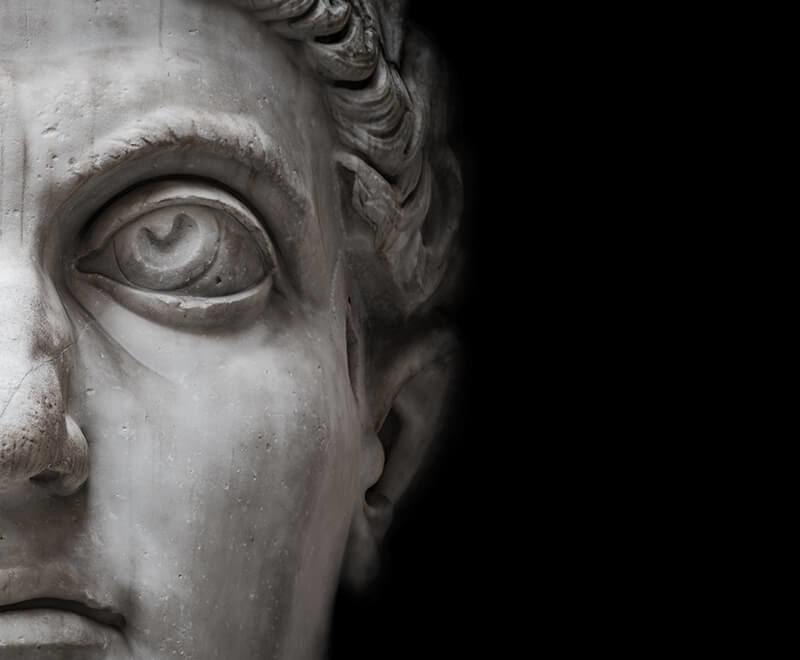In our ‘Behind the Headlines’ blog, we take a closer look at one of the week’s big news pieces, considering its significance and the response it has generated, as well as how it could further play out. This week, we look at the media’s reaction to a less than smooth start as VW CEO Matthias Mueller seeks a path to redemption in the wake of the emissions-cheating scandal.
What happened?
The Volkswagen recovery tour kicked off this week, with CEO Matthias Mueller making his first official visit to the US following the emissions-cheating scandal with the goal of placating lawmakers and regulators.
However, things unravelled almost as soon as he arrived. When the inevitable questions on rigging came up during an interview at the North American International Auto Show in Detroit, Mueller stated that the German carmaker “didn’t lie” to regulators, accrediting the rigging of engines to cheat on emissions tests to a “technical problem”. This, he said, stemmed from a misinterpretation of U.S. law. The CEO also said that he couldn’t understand why Americans might believe that there were ethical issues within the company.
Following these apparent attempts to downplay the company’s role in actively deceiving regulators, Mueller asked for a second interview, where he apologised, putting his previous performance down to noisy surroundings. He took this opportunity to say that VW “fully accept the violation”, that “there is no doubt about it” and “the company are doing its utmost to resolve the issue.”
Why is it important?
This episode indicates that Mueller, and VW, are still unclear about which approach to take following the scandal: the relaxed ‘we’ve got this covered’, or the repentant ‘we got it wrong and we’re sorry’. This apparent confusion in communications to its investors, regulatory authorities and current and potential customers looks particularly sloppy several months after the scandal first broke. It is these audiences, ultimately, who will be the jury in determining VW’s recovery and the fate of the company.
Regulatory authorities need to be able to trust VW and believe that a lesson has been learned. Customers need to be able to trust that they are buying from an ethical and reliable brand.
VW’s share prices dropped dramatically when the scandal broke, so many of the company’s investors are looking on in deep concern. If VW can’t successfully recover from this scandal they risk losing the faith of their stakeholders.
What’s the reaction been?
Largely negative. The interview blunder has seemingly embedded the very sentiment that VW is trying to expel. Fortune magazine reported that Mueller’s drastic stray off message revealed a side that looked a lot more like the “obstructive” and “evasive” picture of VW that U.S. prosecutors had been complaining about and that his comments suggested that, deep down, the company is still “in denial about its scale of deception”.
The incident has also sparked the media to re-hash Mueller’s previous media gaffes. Bloomberg reported that last year he suggested to a group of journalists in Germany, that he was “too old” to succeed then-CEO Martin Winterkorn.
Best headline?
Bloomberg’s ‘VW CEO Flubs Interview With Apology Tour Off to Rocky Start’ is a brilliant summary of the tour’s trials.
What’s next?
VW needs a clear and consistent message. In a corporate scandal, sorry seems to be the hardest word, but it is a vital part of any CEO’s vocabulary in a crisis. Mueller currently looks confused, constantly changing his mind on what stance the company is taking.
If the VW ‘recovery tour’ fails, the company will continue to lose value, lose its right to sell cars in countries with strict emission standards and destroy any chance of regaining the public’s trust. The knock on effects of this are as obvious as they are critical: job losses, investor anger and the company suffering an image setback so catastrophic that it will take years, not months, to recover from.
Photo Credit: Driving.ca




